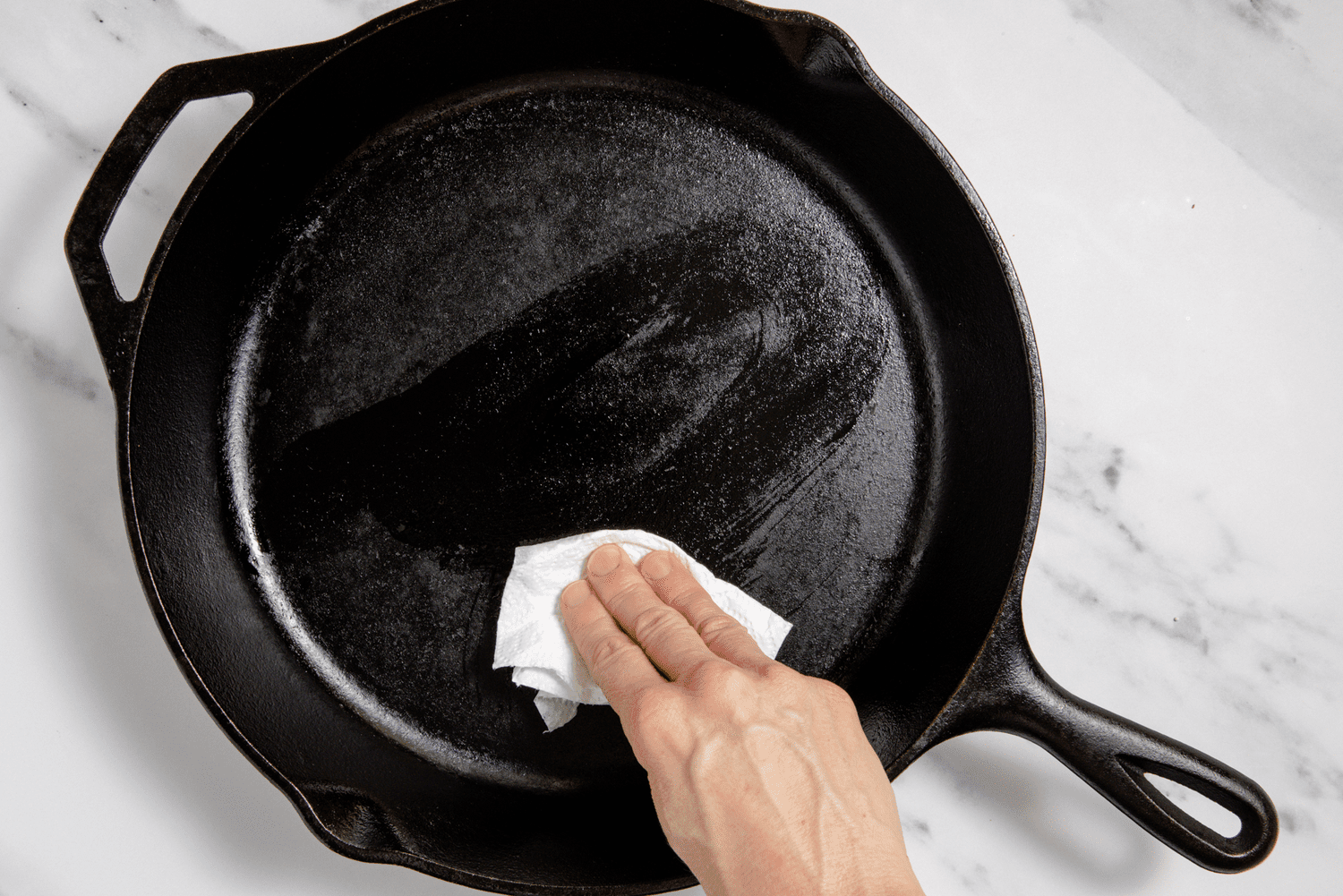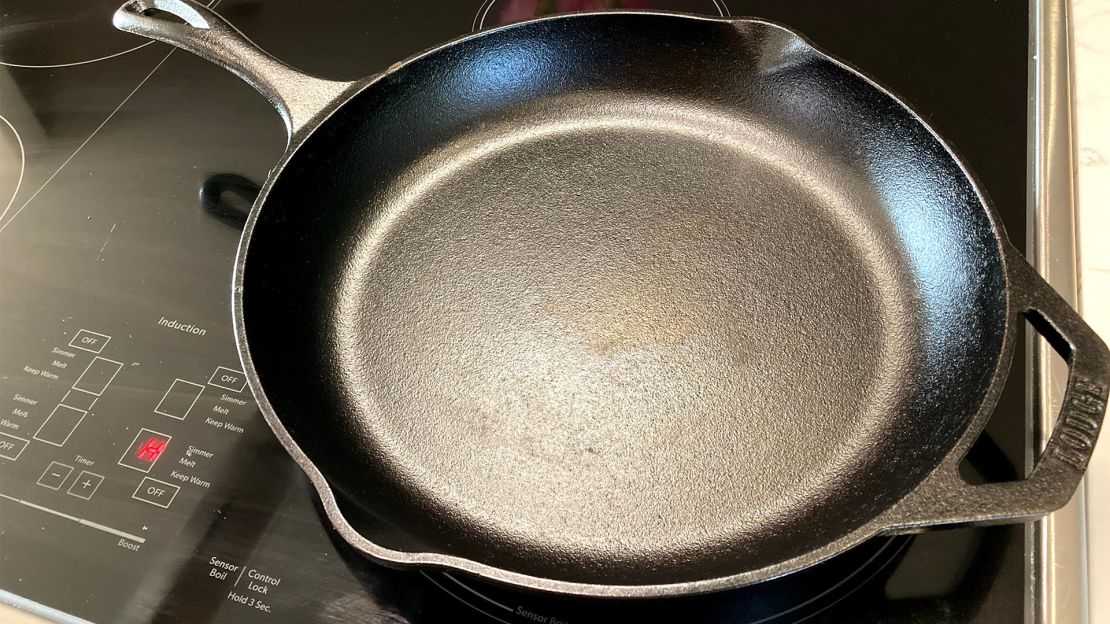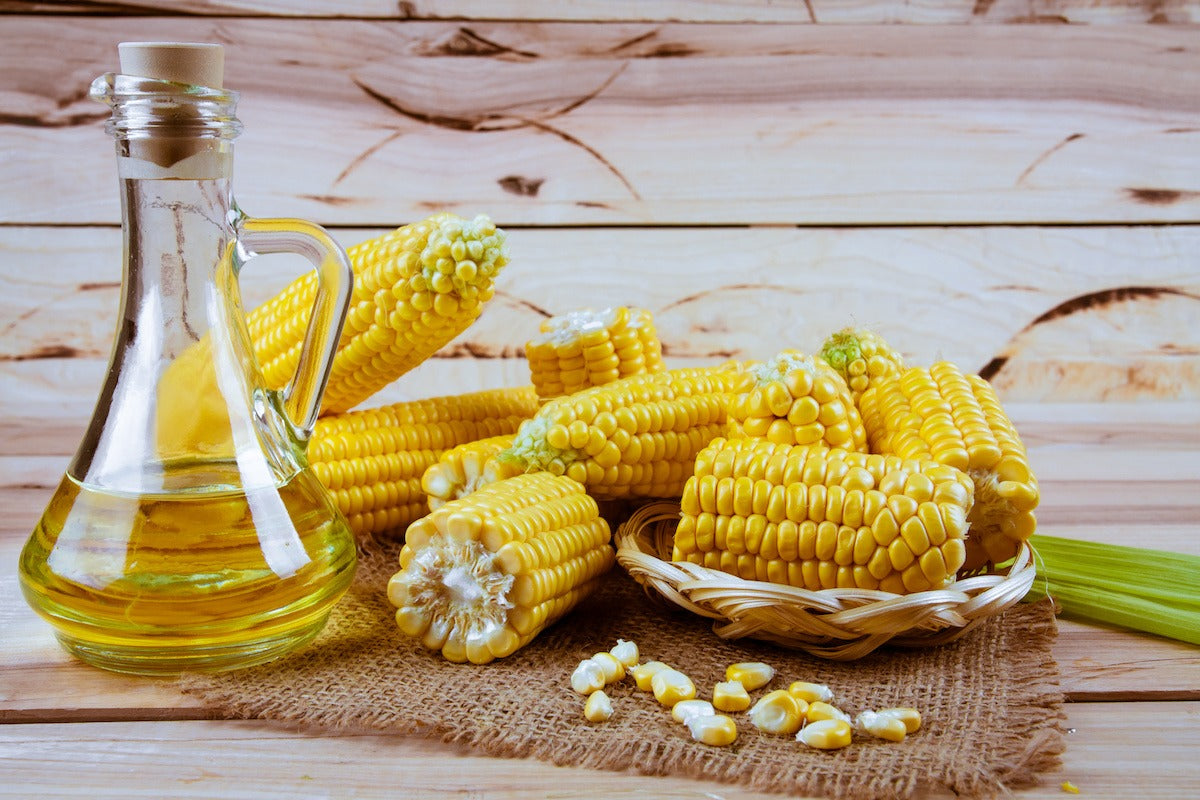For every kitchen professional, a reliable set of tools is vital. Among these tools, the cast iron skillet stands out for its unmatched versatility and durability. However, knowing how to dry cast iron skillet correctly is crucial to maintaining its integrity and performance over time. Moisture is the enemy of cast iron, as it can lead to rustingand we all know that maintaining a rust-free skillet is essential.
This guide will delve into various techniques, tips, and essential practices to ensure that your cast iron skillet remains in pristine condition after washing. Maintaining your skillet will help your cooking shine and improve its longevity, making it an ever-reliable kitchen companion.

Why Proper Drying Matters
Drying your cast iron skillet properly after washing is integral to ensuring that it remains free of rust and damage. The nature of cast iron means that it naturally holds on to moisture, which is why it is imperative for kitchen professionals to develop an effective drying routine. Failure to do so could mar the seasoning layer of your skillet, interfering with its slick non-stick surface and creating potential issues with flavor transfer.
Best Techniques for Drying Your Cast Iron Skillet
There are several techniques that you can utilize to effectively dry your cast iron skillet. Here are some of the most effective methods:
1. Quick Wash and Dry
The quickest way to dry a cast iron skillet is to wash it with hot water and immediately dry it with a soft cloth. Here are the steps you need to follow:
- Wash your skillet in hot water without using harsh soaps.
- Immediately wipe it down with a clean, soft cloth.
- Place it on the stove on low heat for about 5 minutes.
This ensures any leftover moisture evaporates.
2. Oven Drying Method
If you have several skillets to dry or prefer a hassle-free method, you can use your oven:
- Preheat your oven to 250F.
- Place your washed skillet upside down on the middle rack.
- Let it bake for about 30 minutesthis will ensure all moisture evaporates.
This method is particularly advantageous as it maintains a stable drying environment.
3. Salt Absorption Technique
This handy trick utilizes coarse salt to absorb any remaining moisture:
- Pour a generous amount of coarse salt into the washed skillet.
- Use a soft cloth to rub the salt around, which will absorb any moisture.
- Discard the salt and follow up with a light coating of oil.
This method not only dries your skillet but also helps maintain the seasoning.
What to Avoid When Drying Cast Iron Skillets
While there are effective methods for drying, certain practices can damage your skillet:
- Avoid soaking in water for extended periods, as it can weaken the seasoning.
- Never use the dishwasher, as the extreme heat and moisture can lead to rust.
- Dont leave it wet or damp in the sink, as this increases the risk of corrosion.
Maintaining Seasoning Post Drying
Once you've dried your cast iron skillet, its essential to maintain its seasoning. Here are steps kitchen professionals often take:
- Apply a thin layer of cooking oil to your skillet immediately after drying. This re-establishes its non-stick surface.
- Store your skillet in a dry place, preferably with a paper towel inside to absorb any moisture.
- Regularly use your skillet; the more you cook with it, the better it maintains its seasoning.
For an in-depth guide on maintaining your cast iron skillet, feel free to check this resource.
Additional Tips for Kitchen Professionals
Beyond drying, there are a few more key points to remember when working with cast iron in a professional kitchen:
- Rotate your skillets regularly to ensure even wear and avoid hotspots.
- Be gentle with seasoning; avoid cooking acidic foods until your skillet is well-seasoned.
- Store your skillets stacked with paper towels in between to absorb moisture and prevent scratching.
For more detailed insights on using your skillet effectively, check out this guide.
:max_bytes(150000):strip_icc()/GettyImages-162586206-2000-4fdf5409479b460b9903ac7e97af5f18.jpg)
FAQ
1. How often should I season my cast iron skillet?
It depends on use; generally, a good practice is to season it every 3-4 uses or whenever you notice a dull surface.
2. Can I use soap to clean my cast iron skillet?
Generally, it is best to avoid soap, but a small amount can be used if necessary. Ensure to rinse and dry immediately.
3. What types of oil are best for seasoning cast iron?
Common oils for seasoning include vegetable oil, flaxseed oil, or canola oil due to their high smoke points.
As an Amazon Associate, I earn from qualifying purchases.






Leave a comment
This site is protected by hCaptcha and the hCaptcha Privacy Policy and Terms of Service apply.